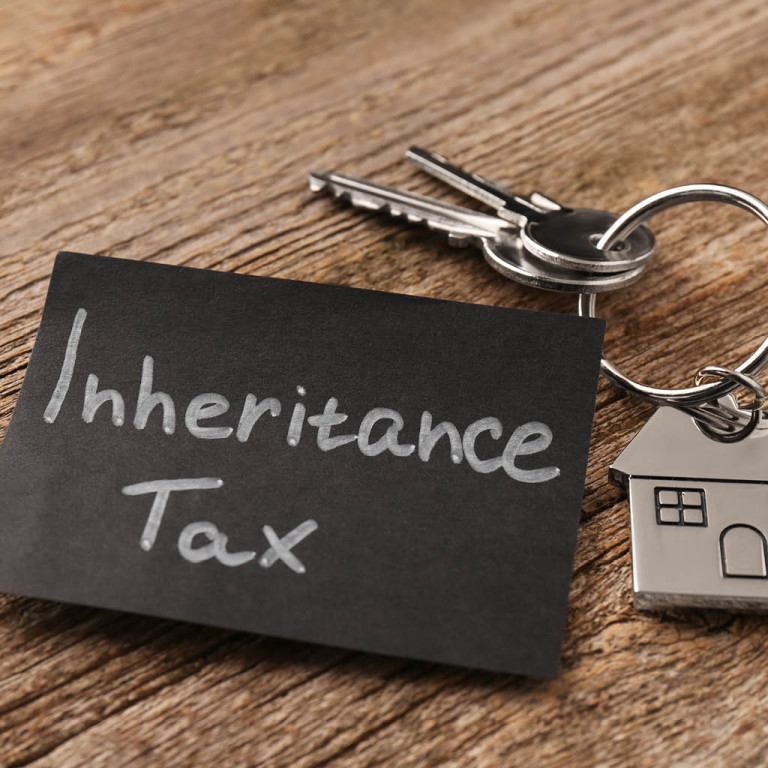In the last fifteen years, the law relating to Inheritance Tax (IHT) has gone through several significant changes. It is well known, for example, that in October 2007 it became possible for the Nil Rate Band (NRB) to be transferred between spouses, so that a surviving spouse can leave up to £650,000 tax-free, changing how IHT applied to many estates. Then, in 2012, it became the case that where at least 10% of an estate is left to charity, the rate of IHT on the rest of the estate can be reduced from 40% to 36%. Finally, in 2017, the Residence Nil Rate Band was introduced, which gives an additional allowance, currently up to £175,000, which can be used in certain circumstances to reduce IHT in respect of a family home.
However, despite these changes and even though the standard advice given to all clients when they make a Will is that it should be kept under regular review, it is often the case that after a person dies, their Executors are left to administer a Will which is sub-optimal from an IHT point of view because it pre-dates the introduction of one or more of the allowances outlined above.
So, what happens when a person has neglected to update their Will and it therefore misses out on more favourable tax treatment? Is there anything that the beneficiaries or Executors can do about it?
The good news is that in many cases the answer is ‘yes’! Within the Inheritance Tax legislation, beneficiaries of full age and mental capacity can redirect a gift they receive under the Will (or intestacy) in favour of an alternative beneficiary. Provided that this is done in writing, within two years of the date of death, and it contains the correct declarations, the effect for IHT purposes will be as if the deceased had benefitted that person (or charity) directly under their Will. This can be used, for example, to ensure that assets pass with the benefit of the spouse exemption where they otherwise may not, or to increase a gift to a charity so that the estate overall pays less IHT and the other beneficiaries receive more. It also means that beneficiaries can make gifts from their share, for example to their children, which do not require seven years to pass before they drop out of their estates.
Where a Will contains a discretionary trust, funds can also be appointed out of the trust to beneficiaries and, provided this is done within two years of the date of death, this disposition can also be ‘read back’ for IHT purposes.
There is a caveat: These variations cannot be made for ‘consideration’. This means that to be effective for IHT purposes, they must not form part of a reciprocal arrangement. However, overall, this provides an enormous amount of flexibility for families to retrospectively take advantage of beneficial tax rules.
How we can help
For any support on any of the points discussed above, or for help with Wills or Inheritance Tax, then please get in contact with our dedicated later life planning team, who will be happy to help.





